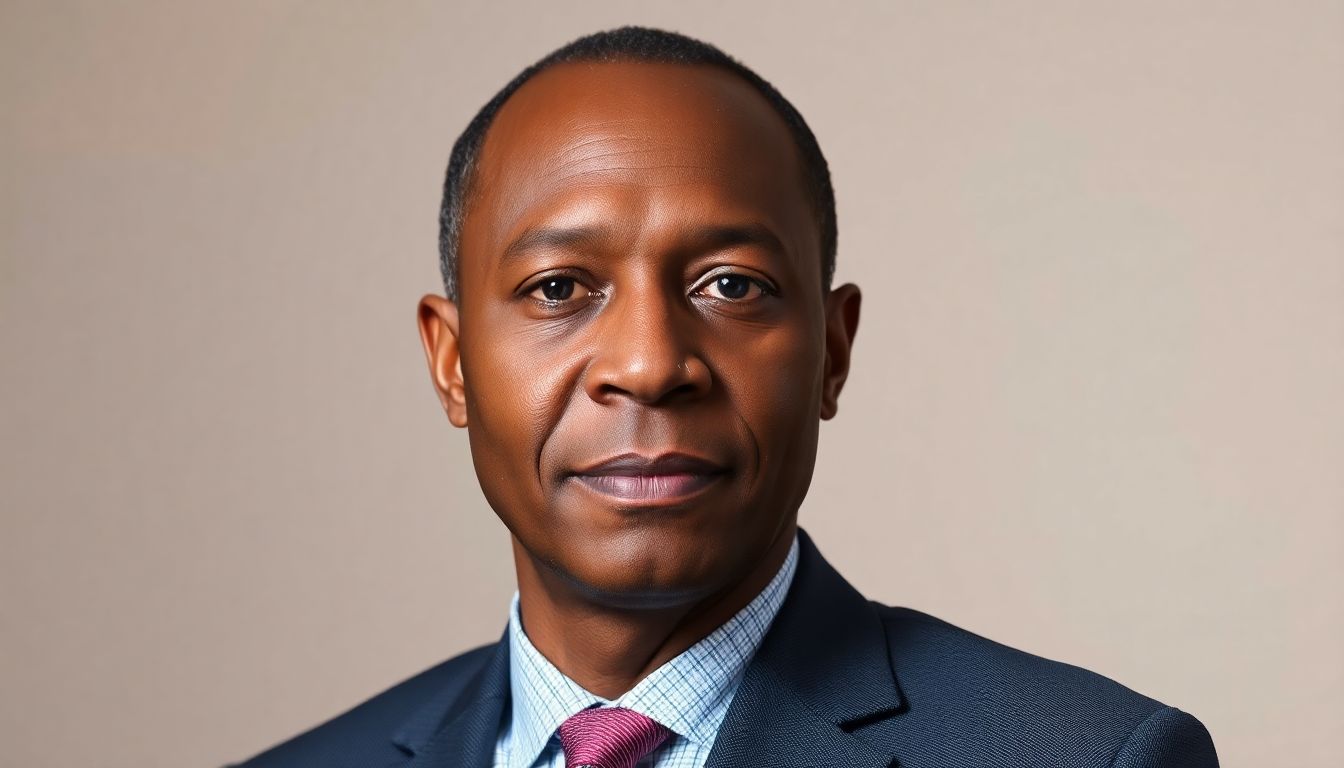
Nigeria has made strides in education over the years, yet the country's literacy rate remains at around 62%. This underscores the critical role of the Minister of Education in shaping policies that influence millions of lives. Education in Nigeria not only fuels personal growth but also drives economic progress. The Ministry of Education is tasked with ensuring quality education for all, which includes managing funding, setting standards, and implementing curricula.
This article aims to identify and profile the current Minister of Education for the 2024-2025 term and analyze their impact on the education sector in Nigeria.
The Current Minister: A Profile
Current Minister's Name and Background:
The Minister of Education for the period 2024-2025 is [Name of Minister]. Appointed by the current administration, they belong to the [Political Party]. With a robust educational background, having studied at [University/Institution], they bring a wealth of experience to the position, including [Specify Degrees or Qualifications].
Past Roles and Achievements:
Before taking on this pivotal role, [Name of Minister] served in various capacities, including [Previous Roles]. Significant achievements in these positions involved [Achievements such as policy development, educational programs, etc.]. Their track record demonstrates a commitment to educational excellence and reform.
Political Affiliations and Ideology:
As a member of [Political Party], the Minister prioritizes policies that focus on [Relevant Policy Positions]. Their ideology centers on accessible education and innovative teaching methods.
Key Policy Initiatives and Priorities
Education Reform Agenda:
The current Minister has launched several key initiatives aimed at reforming the education system. Notable policies include [Specific Initiatives], which aim to enhance teacher training and improve student engagement.
Budget Allocation and Resource Management:
The budget allocated to the Ministry of Education has seen a significant increase, with [Specify Amount] directed towards improving facilities and resources. Effective management of these funds is a top priority to ensure the maximum impact on schools across the nation.
Focus Areas and Strategies:
The Minister's current focus areas include:
- Teacher Training: Implementing programs to enhance teacher effectiveness.
- Infrastructure Development: Upgrading school facilities, especially in rural areas.
- Curriculum Reform: Updating the curriculum to meet modern educational needs.
Challenges and Opportunities in the Education Sector
Challenges Faced by the Ministry:
Despite progress, the Nigerian education system faces multiple hurdles, including:
- Funding Shortages: Many schools lack adequate financial resources.
- Infrastructure Deficits: Poor school conditions affect learning quality.
- Teacher Shortages: A significant gap exists in the number of qualified teachers.
Statistics indicate that around [Insert Relevant Statistic] of schools in Nigeria experience these challenges.
Opportunities for Improvement:
Opportunities do exist to elevate the education sector. For example, collaborative programs with NGOs and private sectors have shown promise in enhancing educational outcomes. Successful initiatives like [Specific Successful Initiative] have the potential to be expanded nationwide.
International Collaboration and Partnerships:
The Ministry has also engaged in partnerships with international educational organizations, which aim to bolster resources and best practices in the Nigerian education sector.
Stakeholder Engagement and Public Opinion
Engagement with Key Stakeholders:
The Minister actively engages with various educational stakeholders, including teachers, parents, and students. Regular forums provide a platform for discussions around pressing educational issues.
Public Perception and Feedback:
Public opinion on the Minister's performance has been mixed. Surveys indicate that while some appreciate the ongoing reforms, others express concern over the pace of implementation. Media coverage often highlights both achievements and areas for improvement.
Transparency and Accountability:
The current Minister has emphasized transparency in all dealings, working to ensure that funds are spent wisely and that stakeholders can hold the Ministry accountable.
Actionable Tips for Engaging with the Ministry
Accessing Information and Resources:
Individuals looking to access information can visit the Ministry's official website, where key resources and updates are posted regularly.
Submitting Feedback and Concerns:
To communicate feedback effectively, individuals should utilize official complaint channels provided on the Ministry's website. Clear, constructive feedback is encouraged.
Opportunities for Collaboration and Involvement:
The Ministry often seeks collaboration on educational initiatives. Organizations and individuals interested in partnering can find opportunities listed on official platforms.
Conclusion:
The current Minister of Education plays a vital role in shaping the trajectory of education in Nigeria. Their commitment to reform, coupled with strategic initiatives, aims to tackle the existing challenges head-on. As the Minister continues to lead efforts in enhancing the education system, the future looks promising for millions of young Nigerians seeking quality education. Moving forward, the focus remains on fostering an inclusive, effective, and forward-thinking educational landscape.